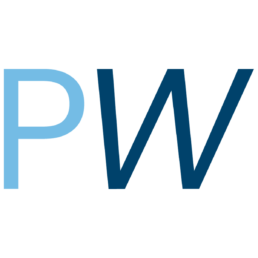Social-Isolation May Be Important Now, But Don’t Isolate Yourself From Health
Although there is currently no vaccine to boost your immune system and prevent COVID-19, you can try to keep your immune system — and your body — healthy to give it the best chance of fighting an infection.
Let’s start with FOOD…
To be clear – Anything that makes your heart healthy, your lungs healthy, and kidneys healthy, will make your immune system healthy. There is no particular diet, other than AVOIDING highly processed foods loaded with sugar. So put that instant noodles, spam, oreo, ice cream, chocolates and coke away.
Nutrients from a range of health foods are needed in the biochemical pathways that are triggered as your body fights an infection. The idea is to eat a range of foods that contain vitamins A, B, C, D and E and the minerals iron, zinc and selenium.
Vitamin A: oily fish, egg yolks, cheese, tofu, nuts, seeds, whole grains and legumes
Vitamin B6 (riboflavin): cereals, legumes, green leafy vegetables, fruit, nuts, fish, chicken and meat
Vitamin B9 (folate): green leafy vegetables, legumes, nuts and seeds and commercial bread-making flour
B12: animal products, including eggs, meat and dairy, and also in fortified soy milk (check the nutrition information panel)
Vitamin C: oranges, lemons, limes, berries, kiwifruit, broccoli, tomatoes and capsicum
Vitamin D: mainly sunlight, but is also found in some foods such as eggs, fish, while some milks and margarine brands may be fortified with it.
Vitamin E: nuts, green leafy vegetables and vegetables oils.Iron: meat, chicken and fish. Vegetarian sources include legumes, whole grains and iron-fortified breakfast cereals
Zinc: oysters and other seafood, meat, chicken, dried beans and nutsSelenium: nuts, especially Brazil nuts and meat, cereals and mushrooms
Taking additional vitamins is not necessary unless you have been diagnosed by your doctor with a specific nutrient deficiency such as vitamin D, or you have specific dietary needs because you are pregnant or have been diagnosed with a condition that can affect the absorption of nutrients such as cystic fibrosis or gut disorders.
The only people who need a vitamin or mineral supplement are those who would have already been advised by their doctor or dietitian to take one.
So eat well while in isolation to help your family and yourself through these tough times. Please contact us for additional information. To schedule an appointment or telehealth appointment, click here.
Related Posts
Why Your Chiropractor is Recommending Pilates
26 October 2020
Many people suffer from some type of back or neck pain. This could be due to improper alignment of the spinal column and neck. Certain activities may strain the back, hips, legs, neck or other body parts if not performed in the correct way and manner.
0 Comments4 Minutes
What is Lymphedema?
16 December 2020
Lymphedema refers to the impaired flow of the body's lymphatic system. Lymph nodes are located throughout the body, and these nodes help to prevent infections and ailments. This system triggers the body's natural healing process and flushes out toxins from the body.
0 Comments3 Minutes


